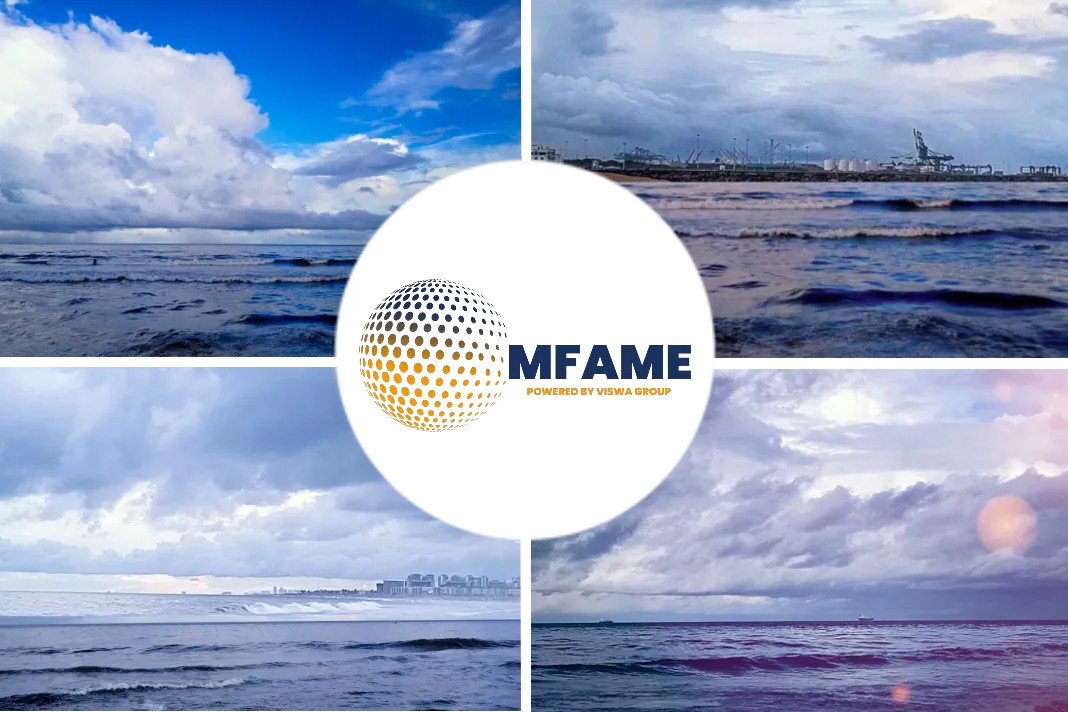- Japan is considering providing support for development of ammonia bunkering infrastructure.
- It acts as part of efforts to launch ammonia-fuelled commercial ships by 2028 under Tokyo’s roadmap to decarbonise by 2050.
Japan is considering providing support for development of ammonia bunkering infrastructure as part of efforts to launch ammonia-fuelled commercial ships by 2028 under Tokyo’s roadmap to decarbonise by 2050, says an article published in Argus Media.
Working for Japan’s Decarbonization Goals
The transport ministry proposed subsidising the research and development (R&D) of hydrogen- and ammonia-fuelled vessels using part of the government’s ¥2 trillion ($18bn) green innovation fund earmarked to help achieve Japan’s 2050 decarbonisation goal. The subsidy is expected to help enhance the international competitiveness of Japanese shipbuilders and ship equipment producers and promote the use of zero-emission vessels after 2030.
1G Zero Emission Vessel
The ministry is targeting to commercialise ammonia-fuelled vessels by 2028 or earlier as its first-generation zero-emission vessel. It has proposed providing finding for the development of ammonia-fuelled marine engines, ammonia storage and fuelling system for ships, as well as ammonia refuelling infrastructure, including an ammonia bunkering vessel, in efforts to meet the targeted commercial launch of the ships.
This is in line with the country’s roadmap unveiled last year to launch zero-emission vessels by 2028 to assist the global shipping industry’s decarbonisation efforts.
Global Cooperation on Carbon Neutrality
The ministry added that it is essential to back ammonia bunkering infrastructure building to assist Japanese shipping and shipbuilding firms in fast-tracking commercialisation of ammonia-fuelled vessels on the back of an intensifying global race for development of the carbon-neutral ship.
Japanese Shipbuilding in Race for Development
Growing competition with Chinese and South Korean shipbuilders has forced a wave of consolidation in the Japanese shipbuilding industry to enhance its competitiveness. Japanese shipbuilders are now accelerating development of greener and zero-emission vessels in efforts to ride out a tough market and tap potential growth in the global decarbonization movement.
Development Plans
The transport ministry is considering funding the development of hydrogen-fuelled marine engines and hydrogen fuelling systems, targeting to complete a demonstration project of hydrogen-fuelled vessels by 2030. It is also planning to subsidise R&D for technologies to achieve a 60pc reduction in methane slippage from LNG-fuelled marine engines by 2026, as use of LNG as a marine fuel is on the rise during the transition to carbon-neutral fuels.
A group of Japanese marine engine makers last month agreed to form a joint venture to develop hydrogen-fuelled engines for large commercial vessels operating on domestic and international routes.
Did you subscribe to our daily newsletter?
It’s Free! Click here to Subscribe!
Source : Argus Media

























